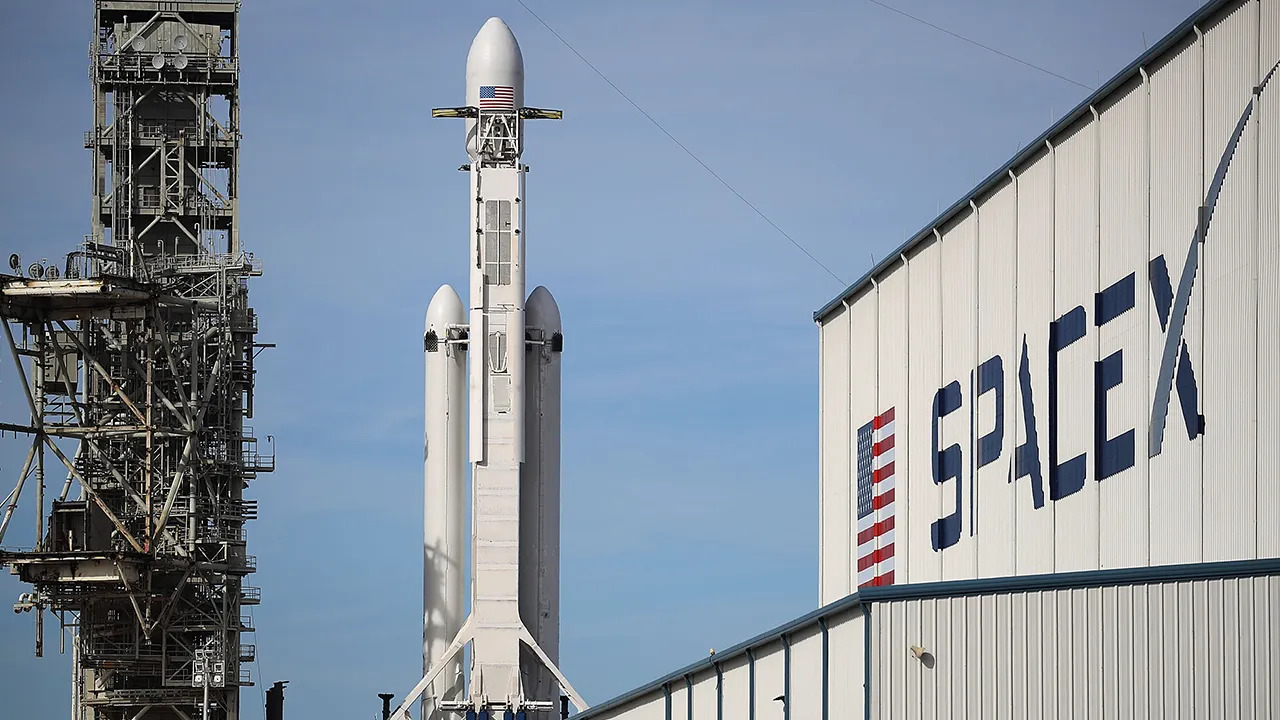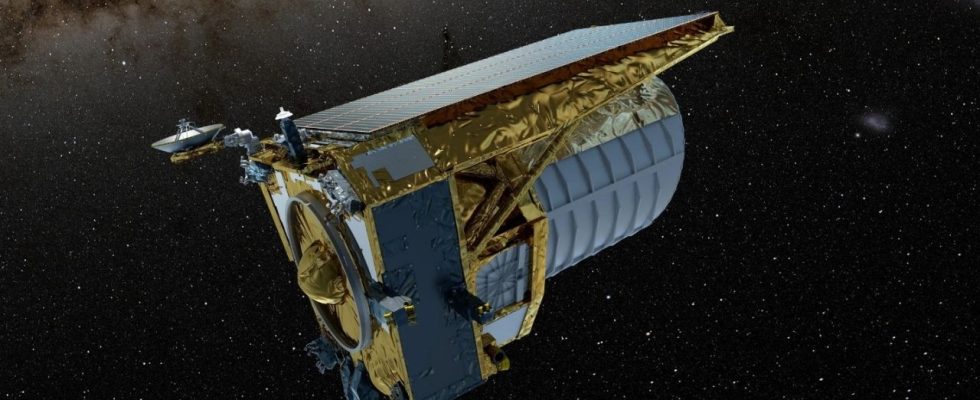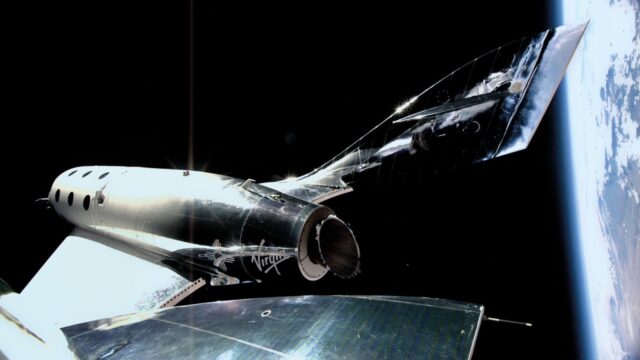Humanity has so far discovered the bright side of space. So what’s on the dark side that is supposed to be scary and desolate? What is behind these substances called dark matter and dark energy and defined as unusual for humanity? SpaceX will solve this mystery with its Euclid (Euclidean) telescope. Here are the details on the subject…
Euclid space telescope launching today!
Euclid is launching today, which will explore the dark side of space and its dark side mysteries. The launch, which is expected to take place at 11.11 ET and 18.11 with CET, can be watched live. The launch moment will be followed by all users with the live broadcast that will start on the official YouTube channel of the space company. In addition, it is possible to follow the launch via NASA TV and the NASA mobile application.
The Euclid space telescope will observe the universe in infrared wavelengths to investigate two of the universe’s greatest mysteries: dark matter and dark energy. Dark matter and dark energy make up about 95% of the portion of the universe known to humanity. However, scientists do not know exactly about dark matter and dark energy. The discoveries made are not enough to understand what matter is.
After launch, the telescope will travel through space for about a month to reach its observatory orbit. The telescope will observe the cosmos from L2 (or the second Lagrange point), located about 1.5 million kilometers from Earth. In order to minimize the amount of energy used to stay here, the telescope is planned to be suspended in this region of space, that is, to perform a controlled rotation using the balance of gravitational forces.
In this way, all necessary observations can be made without wasting fuel. Euclid will spend about six years on a mission to probe the dark universe, collecting data on distant cosmic sources that will help explain the properties of dark matter and dark energy. After six years, the data it collects will be stacked, and the satellite will likely be retired by drifting in space.

So what do you think about the Euclid space telescope and dark matter? Do you think dark energy can be the salvation of humanity? Don’t forget to give your opinion in the comments section!

